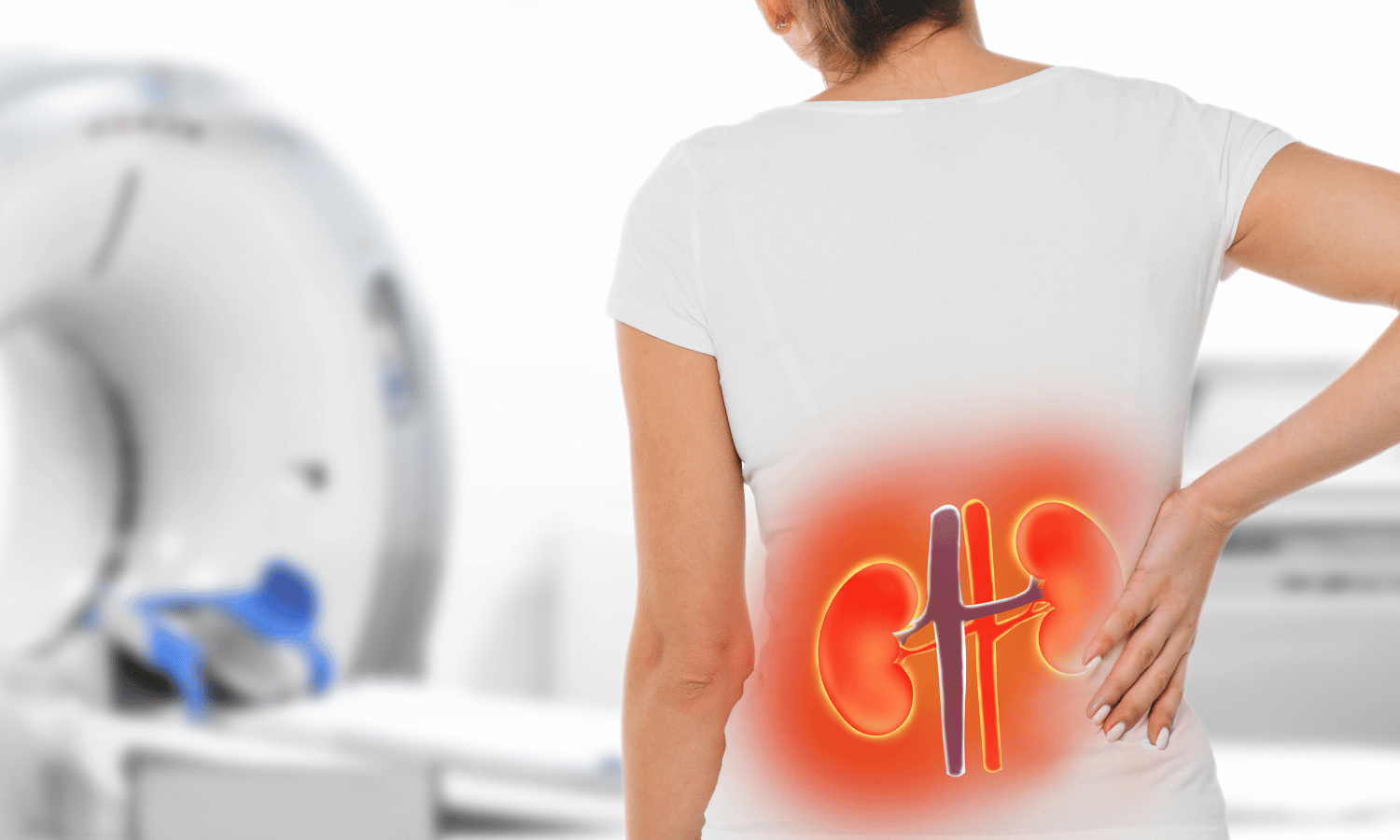What Are The Top 5 Myths About Kidney Disease?
Kidney disease is often misunderstood, surrounded by myths and misconceptions that can hinder early detection, treatment, and the quality of life for those affected. With millions of people worldwide living with this condition, it's crucial to separate fact from fiction. In this post, we'll explore and debunk the top 5 myths about kidney disease, shedding light on the truth to foster a better understanding and approach to kidney health.
Myth 1: Kidney Disease is Rare
Contrary to popular belief, kidney disease is not rare. The National Kidney Foundation reports that kidney disease affects millions of people worldwide, impacting their health and well-being. In the United States alone, chronic kidney disease (CKD) is more common in people aged 65 years or older, with a significant prevalence across all age groups, indicating that it's a widespread health concern that deserves attention.
Myth 2: Kidney Disease is a Death Sentence
Many people believe that a diagnosis of kidney disease is the end of the road, but this couldn't be further from the truth. Advances in medical science have made it possible for individuals with kidney disease to lead active and fulfilling lives. Treatments such as dialysis and kidney transplantation have come a long way, offering hope and improved outcomes for those affected.
Myth 3: Only the Elderly Get Kidney Disease
Kidney disease does not discriminate by age. While it's true that the risk increases as we age, kidney disease can affect individuals of all ages, including children and young adults. Factors such as genetics, high blood pressure, and diabetes can increase the risk of developing kidney disease at a younger age, emphasizing the importance of regular health screenings for everyone.
Myth 4: If You Have Kidney Disease, You Can Feel It
One of the most dangerous myths about kidney disease is that it always comes with noticeable symptoms. In reality, kidney disease is often called a "silent" condition because it can progress without any significant signs until it's in its advanced stages. This highlights the critical role of regular check-ups and screenings in detecting kidney disease early when it's most treatable.
Myth 5: Drinking Lots of Water Can Cure Kidney Disease
Hydration is essential for good health, and while it can help support kidney function, it is not a cure for kidney disease. Managing kidney disease involves a comprehensive approach that includes diet, medication, and lifestyle changes under the guidance of healthcare professionals. It's crucial to follow a treatment plan tailored to your individual needs rather than relying on water intake alone to address kidney disease.
Ready to Take the Next Step?
Dispelling myths about kidney disease is key to improving awareness, treatment, and outcomes for those affected. By understanding the truth behind these common misconceptions, we can take proactive steps towards better kidney health and support those living with kidney disease. If you or someone you know is seeking expert care for kidney disease, consider scheduling an appointment with our specialists at Indiana Vascular. Together, we can work towards a healthier future, armed with accurate information and compassionate care.

